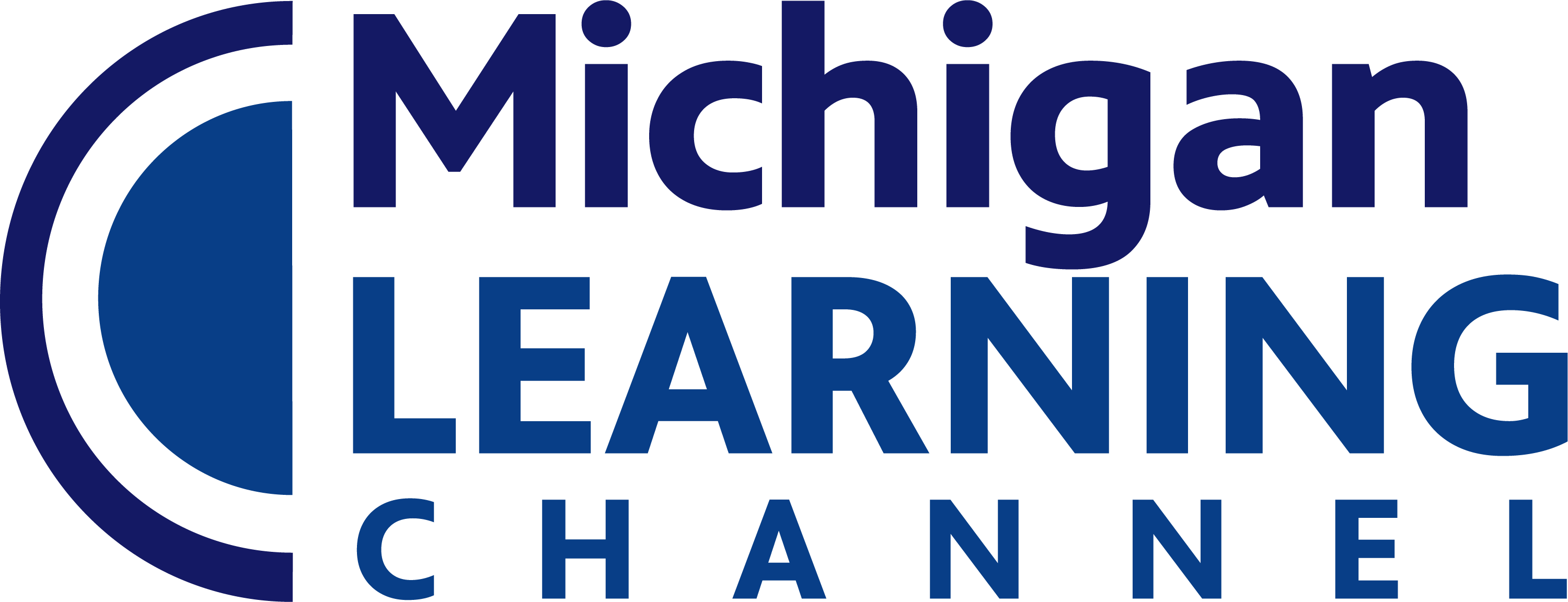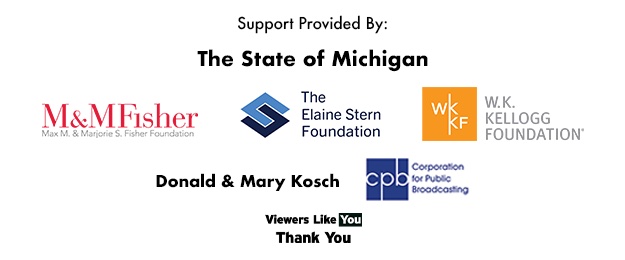Grades
Standard
Apply grade 6 Reading standards to literature (e.g., “Compare and contrast texts in different forms or genres [e.g., stories and [...]
Apply grade 6 Reading standards to literary nonfiction (e.g., “Trace and evaluate the argument and specific claims in a text, [...]
Engage effectively in a range of collaborative discussions (one-on-one, in groups, and teacher-led) with diverse partners on grade 6 topics, [...]
Come to discussions prepared, having read or studied required material; explicitly draw on that preparation by referring to evidence on [...]
Follow rules for collegial discussions, set specific goals and deadlines, and define individual roles as needed.
Pose and respond to specific questions with elaboration and detail by making comments that contribute to the topic, text, or [...]
Review the key ideas expressed and demonstrate understanding of multiple perspectives through reflection and paraphrasing.
Interpret information presented in diverse media and formats (e.g., visually, quantitatively, orally) and explain how it contributes to a topic, [...]
Delineate a speaker’s argument and specific claims, distinguishing claims that are supported by reasons and evidence from claims that are [...]
Present claims and findings, sequencing ideas logically and using pertinent descriptions, facts, and details to accentuate main ideas or themes; [...]
Include multimedia components (e.g., graphics, images, music, sound) and visual displays in presentations to clarify information.
Adapt speech to a variety of contexts and tasks, demonstrating command of formal English when indicated or appropriate. (See grade [...]
Demonstrate command of the conventions of standard English grammar and usage when writing or speaking.
Compare and contrast one author’s presentation of events with that of another (e.g., a memoir written by and a biography [...]
Write arguments to support claims with clear reasons and relevant evidence.
Write routinely over extended time frames (time for research, reflection, and revision) and shorter time frames (a single sitting or [...]
Support claim(s) with clear reasons and relevant evidence, using credible sources and demonstrating an understanding of the topic or text.
Use words, phrases, and clauses to clarify the relationships among claim(s) and reasons.
Provide a concluding statement or section that follows from the argument presented.
Write informative/explanatory texts to examine a topic and convey ideas, concepts, and information through the selection, organization, and analysis of [...]
Introduce a topic; organize ideas, concepts, and information, using strategies such as definition, classification, comparison/contrast, and cause/effect; include formatting (e.g., [...]
Develop the topic with relevant facts, definitions, concrete details, quotations, or other information and examples.
Use appropriate transitions to clarify the relationships among ideas and concepts.
Use precise language and domain-specific vocabulary to inform about or explain the topic.
Provide a concluding statement or section that follows from the information or explanation presented.
Write narratives to develop real or imagined experiences or events using effective technique, relevant descriptive details, and well-structured event sequences.
Engage and orient the reader by establishing a context and introducing a narrator and/or characters; organize an event sequence that [...]
Use narrative techniques, such as dialogue, pacing, and description, to develop experiences, events, and/or characters.
Use a variety of transition words, phrases, and clauses to convey sequence and signal shifts from one time frame or [...]
Use precise words and phrases, relevant descriptive details, and sensory language to convey experiences and events.
Use the relationship between particular words (e.g., synonyms, antonyms, homographs) to better understand each of the words.
Acquire and use accurately grade-appropriate general academic and domain-specific words and phrases, including those that signal contrast, addition, and other [...]
Cite textual evidence to support analysis of what the text says explicitly as well as inferences drawn from the text.
By the end of the year, read and comprehend literature, including stories, dramas, and poems, in the grades 6–8 text [...]
Determine a theme or central idea of a text and how it is conveyed through particular details; provide a summary [...]
Describe how a particular story’s or drama’s plot unfolds in a series of episodes as well as how the characters [...]
Determine the meaning of words and phrases as they are used in a text, including figurative and connotative meanings; analyze [...]
Analyze how a particular sentence, chapter, scene, or stanza fits into the overall structure of a text and contributes to [...]
Explain how an author develops the point of view of the narrator or speaker in a text.
Compare and contrast the experience of reading a story, drama, or poem to listening to or viewing an audio, video, [...]
Compare and contrast texts in different forms or genres (e.g., stories and poems; historical novels and fantasy stories) in terms [...]
Cite textual evidence to support analysis of what the text says explicitly as well as inferences drawn from the text.
By the end of the year, read and comprehend literary nonfiction in the grades 6–8 text complexity band proficiently, with [...]
Determine a central idea of a text and how it is conveyed through particular details; provide a summary of the [...]
Analyze in detail how a key individual, event, or idea is introduced, illustrated, and elaborated in a text (e.g., through [...]
Determine the meaning of words and phrases as they are used in a text, including figurative, connotative, and technical meanings.
Analyze how a particular sentence, paragraph, chapter, or section fits into the overall structure of a text and contributes to [...]
Grades
Standard
Apply grade 6 Reading standards to literature (e.g., “Compare and contrast texts in different forms or genres [e.g., stories and [...]
Apply grade 6 Reading standards to literary nonfiction (e.g., “Trace and evaluate the argument and specific claims in a text, [...]
Engage effectively in a range of collaborative discussions (one-on-one, in groups, and teacher-led) with diverse partners on grade 6 topics, [...]
Come to discussions prepared, having read or studied required material; explicitly draw on that preparation by referring to evidence on [...]
Follow rules for collegial discussions, set specific goals and deadlines, and define individual roles as needed.
Pose and respond to specific questions with elaboration and detail by making comments that contribute to the topic, text, or [...]
Review the key ideas expressed and demonstrate understanding of multiple perspectives through reflection and paraphrasing.
Interpret information presented in diverse media and formats (e.g., visually, quantitatively, orally) and explain how it contributes to a topic, [...]
Delineate a speaker’s argument and specific claims, distinguishing claims that are supported by reasons and evidence from claims that are [...]
Present claims and findings, sequencing ideas logically and using pertinent descriptions, facts, and details to accentuate main ideas or themes; [...]
Include multimedia components (e.g., graphics, images, music, sound) and visual displays in presentations to clarify information.
Adapt speech to a variety of contexts and tasks, demonstrating command of formal English when indicated or appropriate. (See grade [...]
Demonstrate command of the conventions of standard English grammar and usage when writing or speaking.
Compare and contrast one author’s presentation of events with that of another (e.g., a memoir written by and a biography [...]
Write arguments to support claims with clear reasons and relevant evidence.
Write routinely over extended time frames (time for research, reflection, and revision) and shorter time frames (a single sitting or [...]
Support claim(s) with clear reasons and relevant evidence, using credible sources and demonstrating an understanding of the topic or text.
Use words, phrases, and clauses to clarify the relationships among claim(s) and reasons.
Provide a concluding statement or section that follows from the argument presented.
Write informative/explanatory texts to examine a topic and convey ideas, concepts, and information through the selection, organization, and analysis of [...]
Introduce a topic; organize ideas, concepts, and information, using strategies such as definition, classification, comparison/contrast, and cause/effect; include formatting (e.g., [...]
Develop the topic with relevant facts, definitions, concrete details, quotations, or other information and examples.
Use appropriate transitions to clarify the relationships among ideas and concepts.
Use precise language and domain-specific vocabulary to inform about or explain the topic.
Provide a concluding statement or section that follows from the information or explanation presented.
Write narratives to develop real or imagined experiences or events using effective technique, relevant descriptive details, and well-structured event sequences.
Engage and orient the reader by establishing a context and introducing a narrator and/or characters; organize an event sequence that [...]
Use narrative techniques, such as dialogue, pacing, and description, to develop experiences, events, and/or characters.
Use a variety of transition words, phrases, and clauses to convey sequence and signal shifts from one time frame or [...]
Use precise words and phrases, relevant descriptive details, and sensory language to convey experiences and events.
Use the relationship between particular words (e.g., synonyms, antonyms, homographs) to better understand each of the words.
Acquire and use accurately grade-appropriate general academic and domain-specific words and phrases, including those that signal contrast, addition, and other [...]
Cite textual evidence to support analysis of what the text says explicitly as well as inferences drawn from the text.
By the end of the year, read and comprehend literature, including stories, dramas, and poems, in the grades 6–8 text [...]
Determine a theme or central idea of a text and how it is conveyed through particular details; provide a summary [...]
Describe how a particular story’s or drama’s plot unfolds in a series of episodes as well as how the characters [...]
Determine the meaning of words and phrases as they are used in a text, including figurative and connotative meanings; analyze [...]
Analyze how a particular sentence, chapter, scene, or stanza fits into the overall structure of a text and contributes to [...]
Explain how an author develops the point of view of the narrator or speaker in a text.
Compare and contrast the experience of reading a story, drama, or poem to listening to or viewing an audio, video, [...]
Compare and contrast texts in different forms or genres (e.g., stories and poems; historical novels and fantasy stories) in terms [...]
Cite textual evidence to support analysis of what the text says explicitly as well as inferences drawn from the text.
By the end of the year, read and comprehend literary nonfiction in the grades 6–8 text complexity band proficiently, with [...]
Determine a central idea of a text and how it is conveyed through particular details; provide a summary of the [...]
Analyze in detail how a key individual, event, or idea is introduced, illustrated, and elaborated in a text (e.g., through [...]
Determine the meaning of words and phrases as they are used in a text, including figurative, connotative, and technical meanings.
Analyze how a particular sentence, paragraph, chapter, or section fits into the overall structure of a text and contributes to [...]


